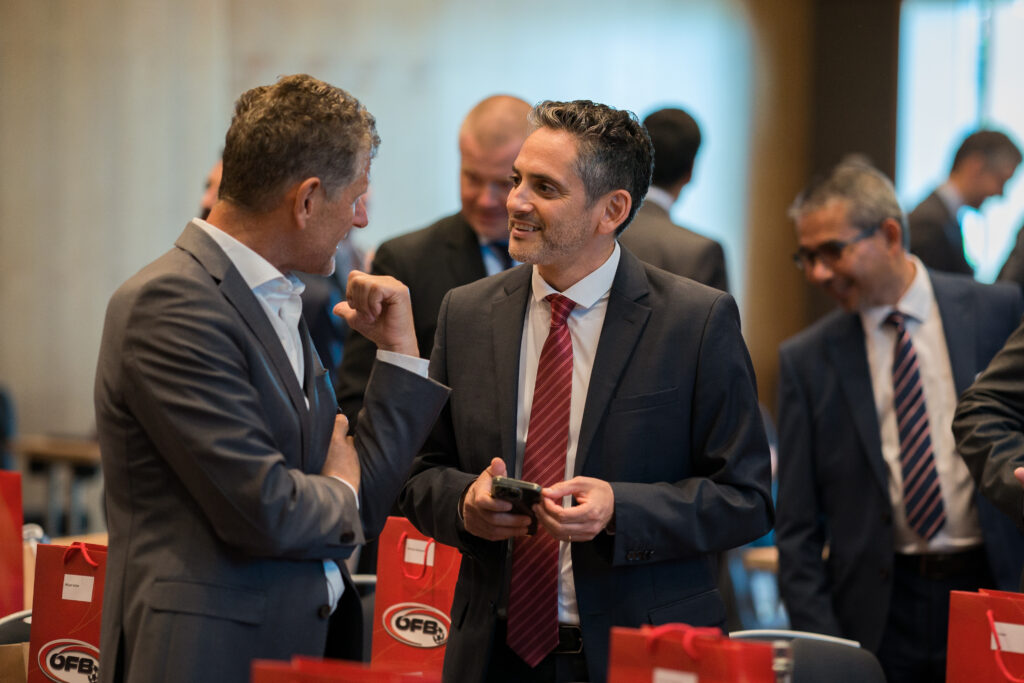Arbitration & Labor Disputes
In the global sports industry, labor disputes are a common challenge for clubs. These disputes often arise from issues such as contractual disagreements, breach of agreements, or employment-related conflicts.
Resolving Disputes Through Arbitration
International disputes in sports are primarily resolved through internal arbitral tribunals established by governing bodies like:
- FIFA Football Tribunal
- FIBA for basketball-related disputes
- National Dispute Resolution Chambers (NDRCs) at the domestic level
For appeals and broader international cases, the Court of Arbitration for Sport (CAS) serves as the global authority for sports arbitration and mediation. CAS has become the trusted platform for clubs, players, and other stakeholders, offering:
- Enforceable awards equivalent to judgments by ordinary courts.
- The ability to handle a wide variety of sports-related disputes, not just appeals.
Our Expertise in Labor Disputes
At Nir Inbar Sports Law & Business, we bring a wealth of experience and an outstanding reputation in managing and resolving labor disputes for clubs. Our team:
- Represents clubs before FIFA, CAS, and other arbitral tribunals, ensuring their interests are protected.
- Navigates the complexities of international sports law to achieve favorable outcomes.
- Provides strategic advice to prevent disputes through well-structured employment contracts and compliance with governing body regulations.
Whether defending a club’s position in a dispute or advising on proactive measures to avoid future conflicts, our expertise ensures that clubs can focus on their sporting objectives while we handle the legal complexities.


